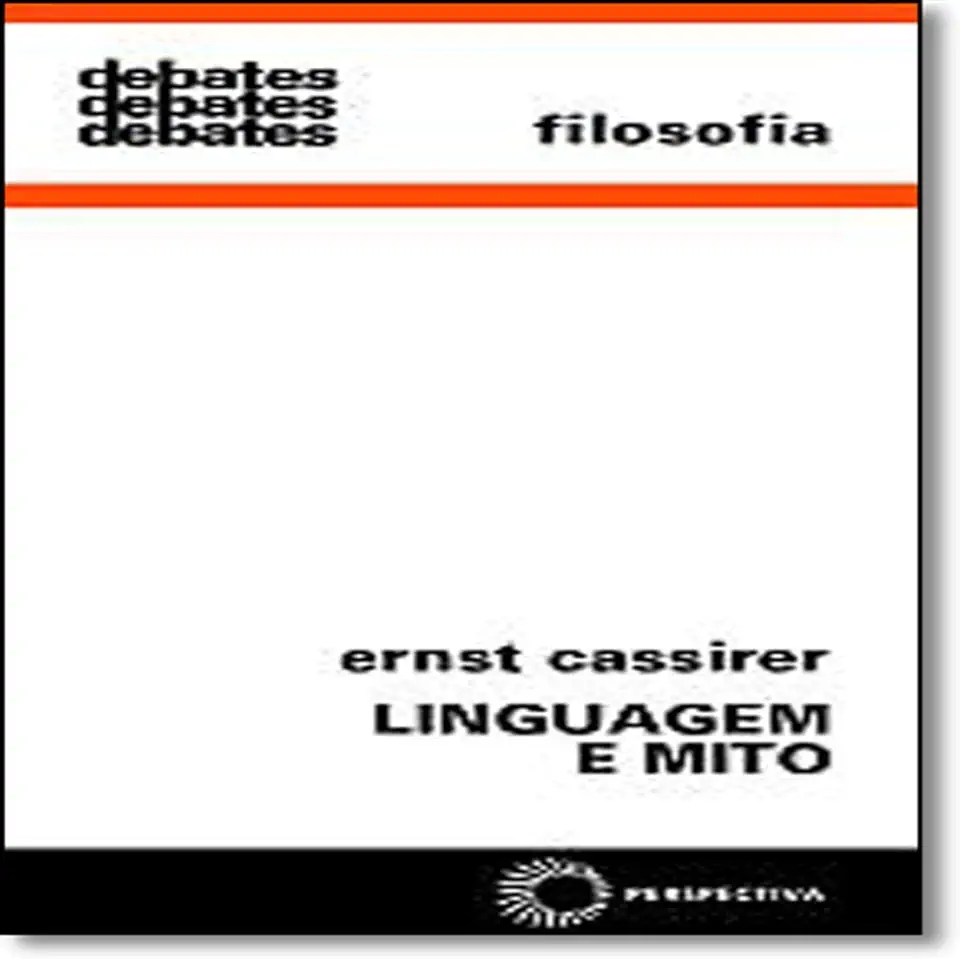
Language and Myth - Ernst Cassirer
Language and Myth: Ernst Cassirer
Introduction
In his seminal work, "Language and Myth," Ernst Cassirer delves into the profound relationship between language, myth, and human culture. Cassirer argues that language is not merely a tool for communication, but rather a symbolic system that shapes our perception of reality and our understanding of the world around us. Through a comprehensive analysis of linguistic and mythological structures, Cassirer unveils the intricate connections between language, thought, and the construction of human experience.
The Symbolic Nature of Language
Cassirer posits that language is fundamentally symbolic in nature, enabling humans to transcend the limitations of immediate perception and engage in abstract thought. Symbols, as the building blocks of language, allow us to represent and manipulate concepts, ideas, and emotions that cannot be directly experienced. This symbolic capacity of language opens up a vast realm of possibilities for human cognition, creativity, and cultural expression.
Language and the Formation of Myth
Cassirer explores the role of language in the formation of myths, revealing how linguistic structures shape and influence mythical narratives. Myths, as symbolic representations of human experiences, emotions, and beliefs, are deeply intertwined with the linguistic systems through which they are expressed. Cassirer argues that myths are not simply fanciful tales, but rather profound expressions of human consciousness, reflecting the ways in which we make sense of the world and our place within it.
Myth and the Human Condition
Cassirer delves into the significance of myth in understanding the human condition, highlighting its role in shaping human values, beliefs, and social structures. Myths provide a framework for interpreting the world, offering symbolic explanations for natural phenomena, moral dilemmas, and the mysteries of human existence. By analyzing the symbolic language of myths, Cassirer sheds light on the fundamental aspects of human experience, such as the search for meaning, the confrontation with mortality, and the desire for transcendence.
The Universality of Symbolic Forms
Cassirer's exploration of language and myth extends beyond the boundaries of specific cultures and historical periods. He argues that certain symbolic forms are universal, transcending cultural and linguistic differences. These universal symbolic forms, such as metaphors, rituals, and artistic expressions, reveal the underlying unity of human consciousness and the shared human experience. Cassirer's work thus provides a profound insight into the fundamental structures of human thought and cultural expression.
Conclusion
"Language and Myth" stands as a monumental work in the fields of philosophy, linguistics, and anthropology. Ernst Cassirer's comprehensive analysis of the relationship between language, myth, and human culture offers a unique perspective on the nature of human experience and the symbolic foundations of human thought. This seminal work is a must-read for anyone seeking a deeper understanding of the intricate connections between language, myth, and the human condition.